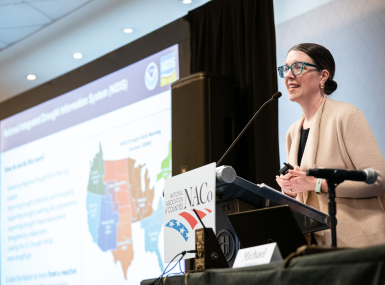Dept. of Defense: REPI Resilience Project Funding Guide

Upcoming Events
Related News
The REPI Resilience Project Funding Guide serves as a one-stop shop for military installations and county partners to learn about more than 25 federal and non-federal resilience and conservation programs that can support existing or new REPI installation resilience projects. Every program includes a summary of funding opportunities, eligibility requirements and application information for developing nature-based solutions near installations and ranges that preserve military missions, enhance habitats, increase climate resilience and ensure military readiness.
Featured Initiative
Military Communities Initiative
The U.S. Department of Defense Readiness and Environmental Protection Initiative Program helps manage encroachment and incompatible development near military installations. The program forms partnerships that protect military operations from restrictive development and strengthens long-term relationships between the Department of Defense and counties.


National Association of Counties Reinforces Intergovernmental Partnership in Response to State of the Union Address
The National Association of Counties (NACo) responded to President Trump’s State of the Union address with a statement from Executive Director Matthew Chase.

NOAA outlines help for counties navigating drought’s growing risks
In April, the National Integrated Drought Information System will launch the Mid-Atlantic Drought Early Warning System, which will help county officials allocate resources and attention to mitigate drought-related disasters.

House Agriculture Committee introduces 2026 Farm Bill
On February 13, House Agriculture Committee Chairman G.T. Thompson (R-Pa.-15) introduced the House version of the 2026 Farm Bill, the Farm, Food, and National Security Act of 2026.